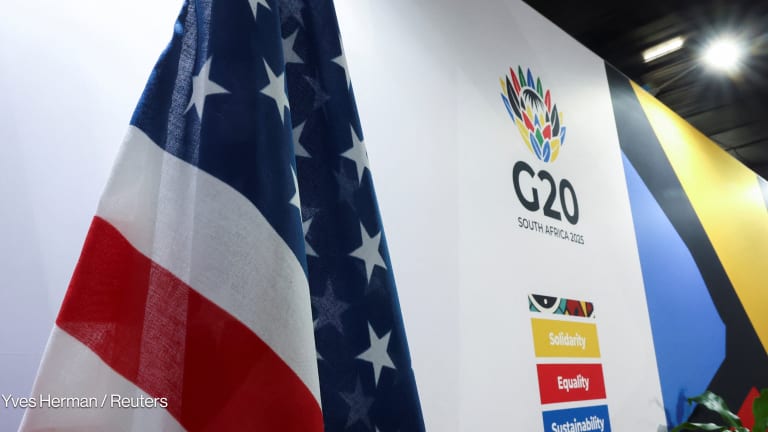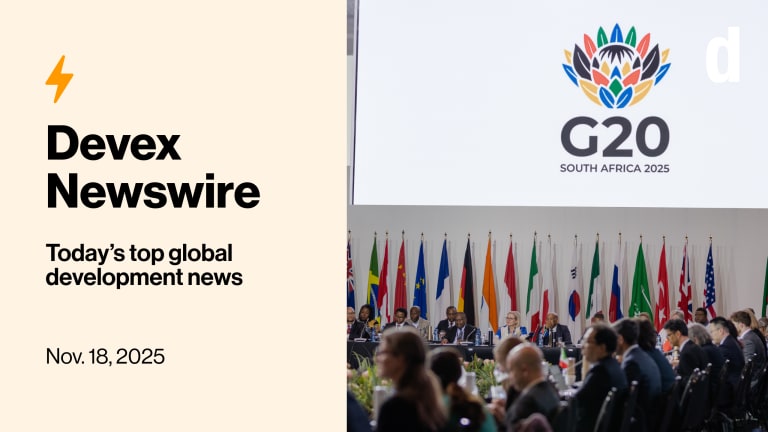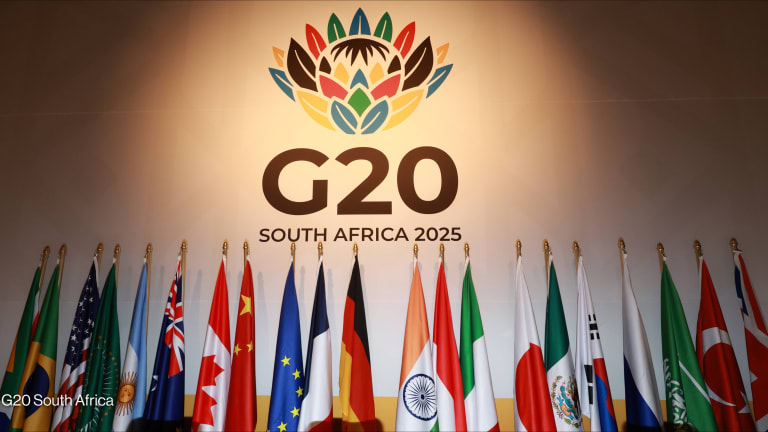For the first time in history, one of the world’s most influential events is taking place on African soil: the Group of 20 Leaders’ Summit.
For decades, heads of the world’s largest economies have met to discuss international economic, financial, and development issues. It’s a year-long process that culminates in a two-day summit, where leaders are expected to deliver a formal statement of consensus — the G20 Leaders’ Declaration — by the time they part ways.
This year, the G20’s agenda was set by South Africa. From day one, the country has emphasized three themes — solidarity, equality, and sustainability — which have meant focusing on debt burdens across the global south, addressing inequality gaps, and financing for a just energy transition, among other priorities tied to global economic cooperation.








